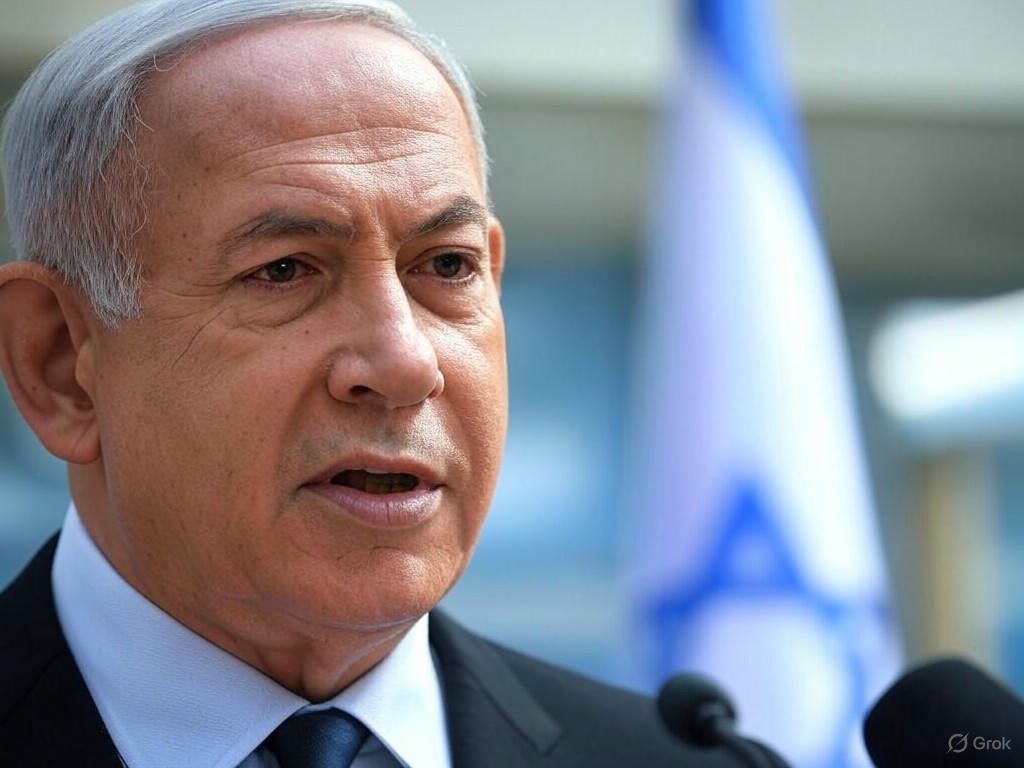Israel’s Controversial Strategy: Arming Anti-Hamas Clans in Gaza
In a move that has sparked intense debate, Israeli Prime Minister Benjamin Netanyahu recently acknowledged a policy of providing weapons to certain clans in Gaza that stand against Hamas. This strategy, aimed at weakening the militant group’s grip on the region, has drawn sharp criticism from various quarters, with accusations that Israel is empowering dangerous and untrustworthy factions. The decision raises complex questions about security, ethics, and the long-term implications for peace in an already volatile area.
The rationale behind Israel’s approach appears to be rooted in a divide-and-conquer tactic. Hamas, which has controlled Gaza since 2007, has long been a thorn in Israel’s side due to its militant activities and refusal to recognize Israel’s right to exist. By arming rival clans, Israel seemingly hopes to create internal opposition that could destabilize Hamas’s authority. Netanyahu has defended the policy as a necessary measure to protect Israeli citizens from ongoing threats emanating from Gaza. He argues that supporting groups opposed to Hamas could pave the way for a more fragmented and less hostile power structure in the territory.
However, this strategy has not been without controversy. Critics, including international observers and human rights organizations, have expressed alarm over the potential consequences of funneling weapons into the hands of groups described by some as little more than criminal networks. There are fears that these arms could be misused, fueling further violence not just against Hamas but also among civilians caught in the crossfire. Stories of past interventions, where weapons supplied by foreign powers ended up exacerbating local conflicts, loom large in these discussions. The specter of unintended blowback—where armed factions turn against their benefactors or use their newfound power for illicit activities—adds another layer of concern.
Moreover, the moral implications of such a policy cannot be ignored. By aligning with groups that may have questionable track records, Israel risks tarnishing its international standing and complicating its diplomatic relations. Some analysts suggest that this move could alienate potential allies in the Arab world who are already skeptical of Israel’s policies in Gaza. Others warn that it might embolden Hamas to tighten its control, portraying itself as the sole defender against external interference. The delicate balance of power in the region could tilt in unpredictable ways, with ramifications that extend far beyond Gaza’s borders.
As the dust settles on this revelation, the world watches with bated breath to see how this gambit will play out. Will arming anti-Hamas clans prove to be a masterstroke in undermining a persistent adversary, or will it ignite a new cycle of violence and instability? Only time will tell, but for now, Israel’s bold strategy has placed it under a harsh spotlight, with critics and supporters alike weighing the costs and benefits of a decision that could reshape the future of Gaza. The path to peace remains elusive, and this latest development underscores just how fraught with peril that journey continues to be.


